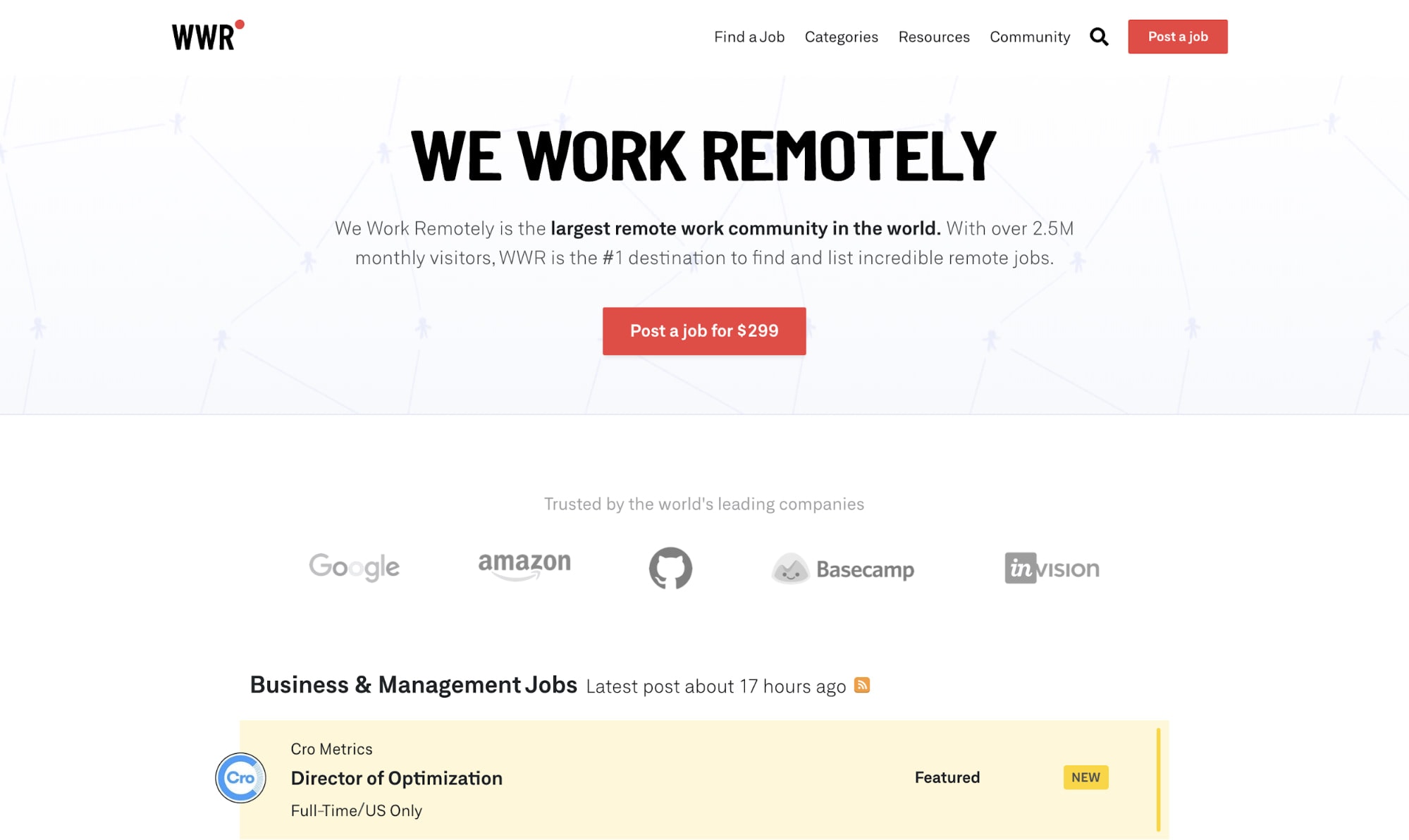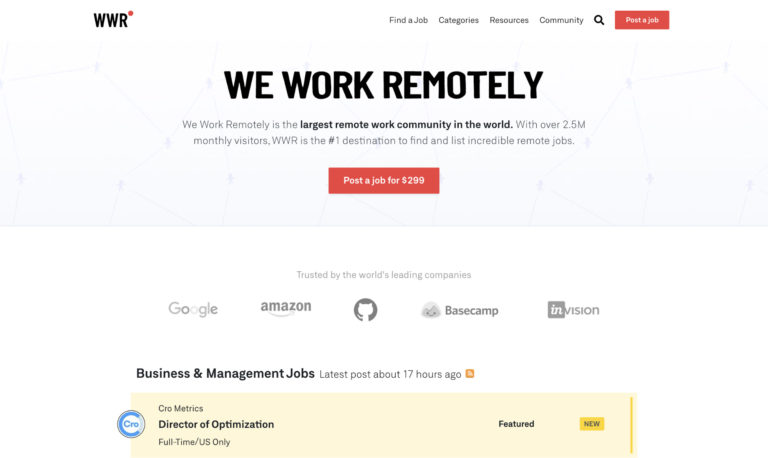

4 Tips For Working Remotely in Another Country employee and what that means for both you and the company. However, while this can help dodge some tax hiccups, it can also cause another set of issues.įor example, if you’re working as an employee but are misclassified as a contractor, it could put your employer at risk of noncompliance penalties and make them liable for back pay, back taxes, and other fines.īefore starting to work abroad, talk to your employer about your classification as a contractor vs. Classificationĭigital nomads can often create compliance headaches for their employers, so they might want to convert their work status to an independent contractor rather than an employee. Make sure a digital nomad or tourist visa will exempt you from local income taxes, even if you work from that country for a prolonged time period. When deciding where to settle down, do your research about taxes. In some locations, an employee setting up shop (even temporarily) constitutes a permanent establishment, which means the employer will then have to pay taxes to the country you move to.

However, some countries’ remote tax laws vary. So, if you’re a resident of Mexico, for example, you’ll pay taxes to Mexico no matter where in the world you’re signing on from. Taxesįor the most part, you’ll pay taxes to your resident country. However, as visa requirements for remote workers vary from country to country, you’ll need to do your research to determine exactly which visa you’ll need. In those cases, you’re going to need to apply for a digital nomad visa.Ĭurrently, 54 countries offer digital nomad visas, including the following countries:Ī digital nomad visa allows people to stay and work from another country for a prolonged period of time. If you’re planning to work from a specific country for a prolonged period of time, a tourist visa usually won’t be enough to keep you in the country (though sometimes it will be). Usually, this means getting the appropriate visa. Visasįor starters, you’ll need to figure out the legality of staying in the country you’re working from. 3 Things to Know Before Considering Remote Work Abroadīefore you pursue working remotely from anywhere, you’ll need to get the right visas, familiarize yourself with the country’s tax laws, and determine your worker classification. If you want to work remotely in another country, you may need to ask your employer to apply for a visa status change. While it’s common to get a tourist visa when staying in another country for a short time, foreign visitors typically cannot work on a tourist visa. You must obtain the appropriate visas and work permits that allow you to stay and work from other countries for a specific time period. Yes, you can work from many countries temporarily. Can You Work Remotely From Another Country Temporarily? A compliance partner can help you sort through these requirements. However, you’ll need to comply with your chosen country’s visa and tax requirements to stay there legally. Yes, you can work from many countries throughout the world even if you aren’t a resident of that country. Can You Work Remotely From Another Country? Ready to work remotely from anywhere? Read our guide to get started. Whether that’s from a chalet in France or a condo in the Bahamas, we answer your burning questions and highlight what you should know before making the move. If you’re interested in working remotely from another country, it’s possible to get started.

More companies than ever are adopting remote work policies and hiring top-tier talent around the world.

With advancements in technology, opportunity, and employer attitudes, it’s possible to work from anywhere.


 0 kommentar(er)
0 kommentar(er)
